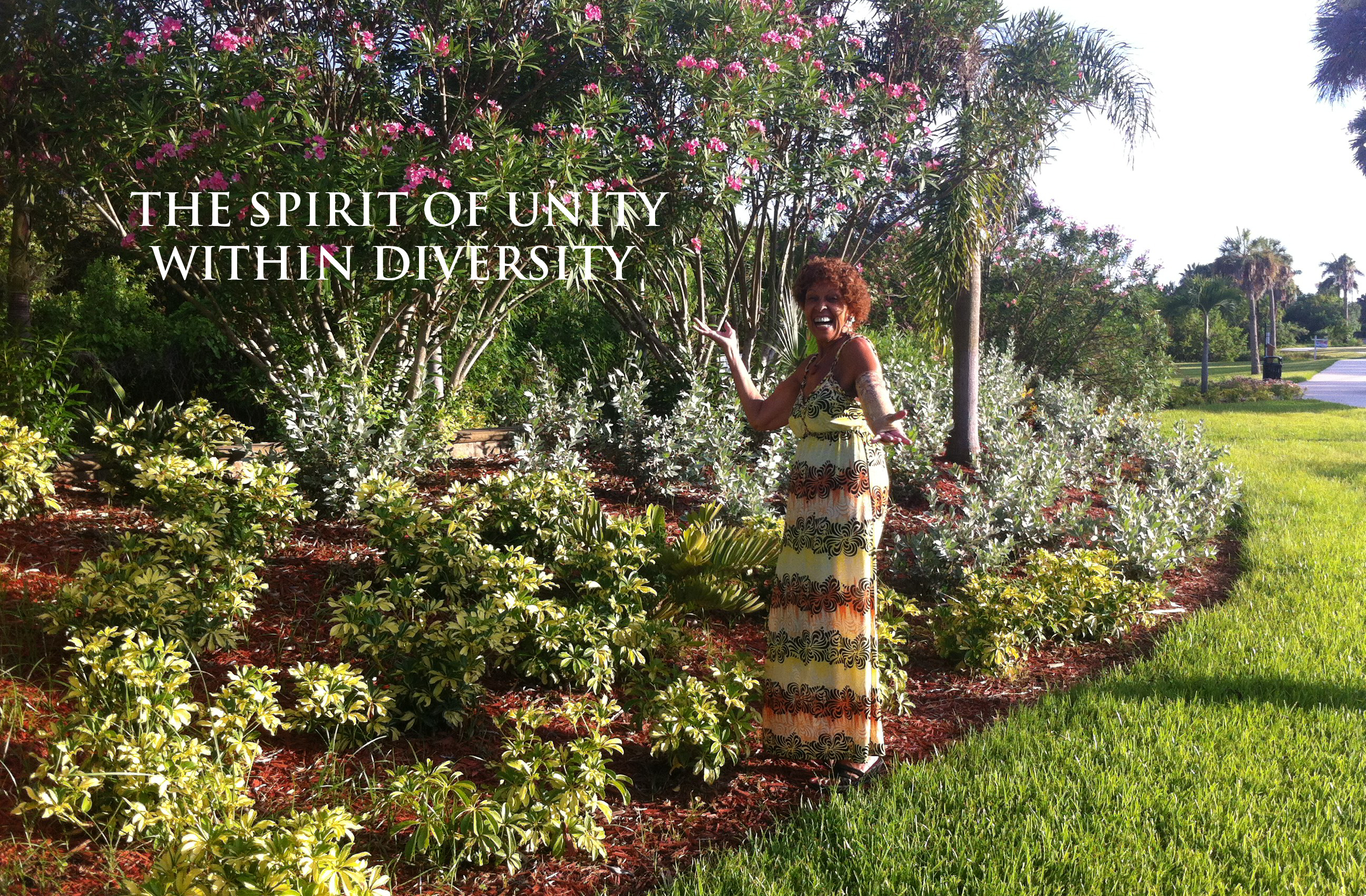2016 has been marked with an inordinate amount of discord in the arenas of politics, race relations, and criminal justice.
Long before it hit the media at large, the Black community faced, on a daily basis, the disproportionate targeting of Black men by the police; and with it the cover ups by the blue code of silence.
When I grew up in the North, discrimination was viewed as a Southern phenomenon. There were no lynchings or Jim Crow laws, so the North held itself blameless. But institutional racism existed, and is still an only partially resolved disgrace.
Equal justice before the law has been both an American ideal and an American myth. Statistics show that Blacks are arrested more frequently than their White counterparts for committing the same minor crimes.

Today, the atrocities of murder by cop are being recorded on body cams and bystander smart phones. What was hidden is now being exposed. And in some cases pent-up rage is erupting in the streets. Yet violence did not originate in the “hood,” but in the slave master’s whip emblazoned over generations in the DNA of Black folk. In fact, conflict is an integral part of American history. After all, our country was not birthed from the British-American Peace Talks, but from the Revolutionary War.
Thankfully, it’s not all bad. Years ago, my husband was pulled over by a White policeman for driving seven miles above the speed limit. When the officer peered into our car, he remarked, “Sir, you have a lovely family and I won’t embarrass you with a ticket in front of your beautiful children, so please drive slower and have a nice day.” Yes, this police officer was respectful and kind. Still, acknowledging the good does not excuse the bad.
“All things work together for good …,” a phrase often repeated in our houses of worship. The unrest that we see today constitutes the surfacing of anger, distrust, hopelessness and prejudice that fester beneath the surface in the minds of both law enforcement and the communities they serve. Once buried, these feelings are now erupting, and their existence can no longer be denied. America is purging, and amidst the disruption is a huge opportunity for honesty, dialogue, level-headedness, understanding, and solutions. At its best, healing is the benefit that will arise from discord.


